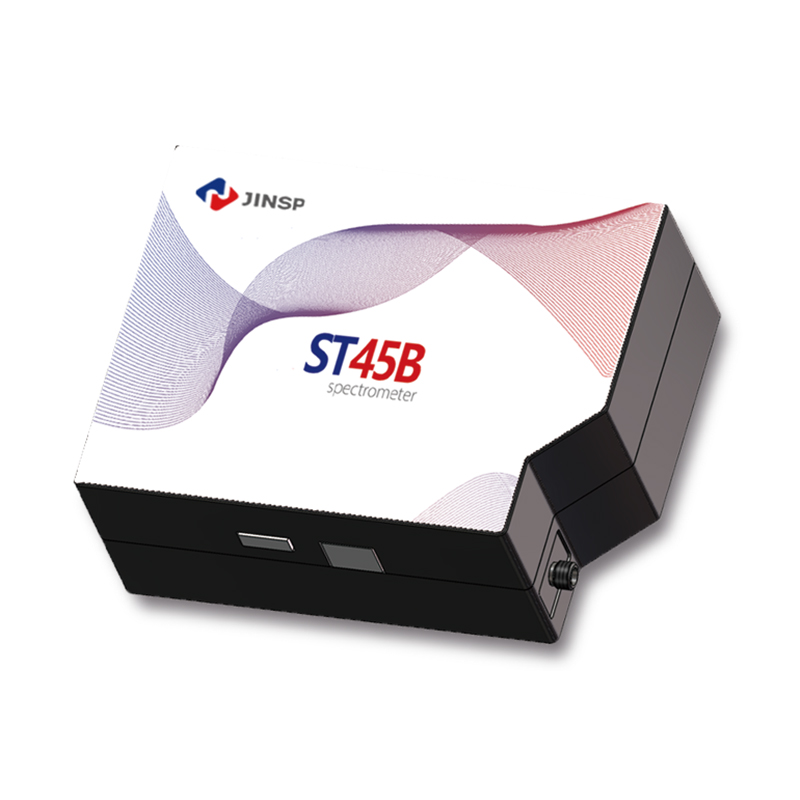Lake Superior State University’s College of Science and the Environment has received a second consecutive six-figure National Science Foundation major research instrumentation grant, LSSU announced.
The grant will allow for the purchase of a "micro X-ray fluorescence spectrometer" to support multidisciplinary research and education in the upper Midwest, the university says. Spectroscopic Analysis

This will be the only such equipment in Michigan and Northern Ontario, the university noted in a news release.
The announcement follows up on a 2023 grant, in which the school received nearly $200,000 for the purchase of a specialized electron microscope that was installed on campus this week.
Principal investigator and Assistant Professor of Chemistry at Lake State Dr. Mark Zierden and Co-PIs Drs. Stephen Kolomyjec, associate professor of biology at Lake State; Ronald Zalesny, supervisory research plant geneticist at the North Research Station of the U.S. Forest Service; and Heng-Hsuan Chu, assistant professor of plant biology at Northern Michigan University, were awarded a $384,660 NSF-MRI grant for fiscal year 2024.
LSSU will lead a consortium from NMU, Central Michigan University, the U.S. Forest Service, Algoma University, Baton Rouge Community College, Mackinac State Historic Parks, and regional industry partners.
They will focus on research that "spans metal translocation in plants to trace-element localization in freshwater sponges to forensic analysis of tattoos in decaying flesh," according to the university's release.
Collectively, proposed research projects will involve 25 undergraduate students per year, the university said.
The micro X-ray fluorescence spectrometer also will be utilized in nine courses, benefiting more than 100 students annually.
The university added that Dr. Zierden will team with Dr. Derek David Wright, professor of environmental science at LSSU, to develop plant nutrition activities and programs that focus on native plants and those of importance to local Indigenous communities.
They’ll work in tandem with Kevin St. Onge, STEM coordinator of the Eastern Upper Peninsula Intermediate School District.
Lake State’s Drs. Wright; Assistant Professor of Chemistry Hannah Clause; Hari Kandel, assistant professor of geographic information systems, hydrology, and environmental science; and Professor of Biology Barbara Evans; along with Associate Professor of Bioanalytical Chemistry Ben Southwell also contributed to the application.
“This NSF-MRI grant, like our earlier one, literally embodies LSSU’s mission by equipping our graduates with the practical skills to craft a life of meaningful employment while enhancing the quality of life of the Great Lakes region and beyond,” said Dr. Steven Johnson, dean of the College of Science and the Environment.
Dr. Wright, facility coordinator of microanalysis and spectroscopic characterization, added, “Awards from the National Science Foundation reflect the quality of our faculty and their research – all the more so since LSSU has received NSF-MRI awards in consecutive funding cycles. These instruments will impact students learning and research in biology, cannabis chemistry, forensic chemistry, environmental science, and geology.”
LSSU’s initial NSF-MRI grant, for fiscal year 2023, worth $197,808, and with Dr. Kolomyjec as principal investigator, secured funding for the purchase of a low vacuum scanning electron microscope to "advance cutting-edge research and undergraduate training in freshwater ecology, ecological impacts of atmospheric pollution, forensic science, phytoremediation of contaminated soils, organismal biology, and geoscience," LSSU said.

Chemical Spectroscopy LSSU's interim provost and vice president for academic affairs, Dr. Kimberly Muller added, “We’re grateful that this latest NSF-MRI grant allows Lake State to continue to bolster academic offerings and experiential learning for students, further faculty contributions and professional development, and augment community partnerships and engagement, all important parts of our strategic plan.”